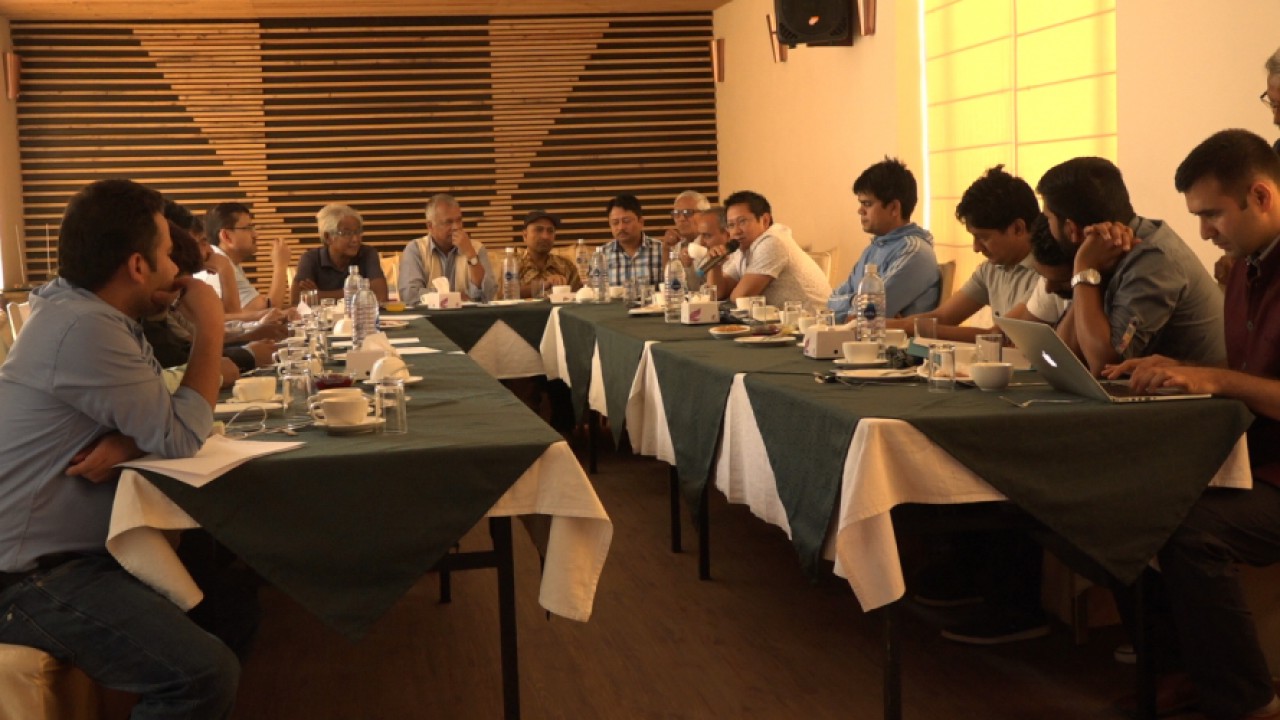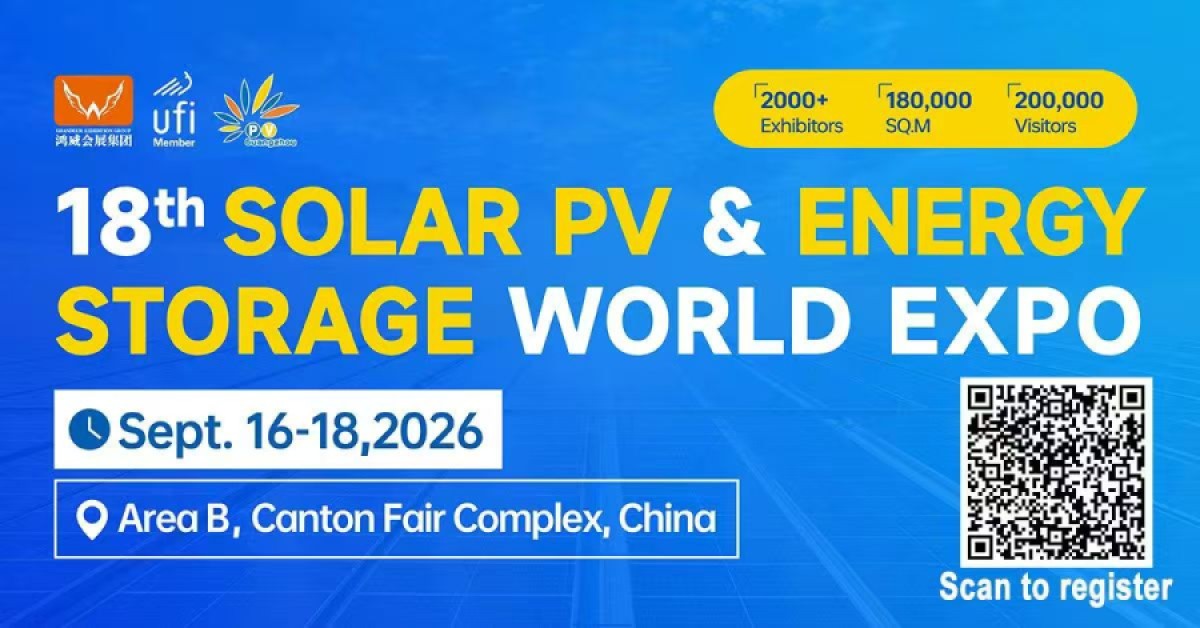
On Saturday, 03 June, 2017, Kathmandu
Introduction and rationale
Well utilising the resources and expertise associated and as available abundantly within the member associations and associated academia and experts RECC had decided to put efforts to bridge the functional gaps in extending alternative energy drive in the country. As such, keeping up the integrated efforts for common professional causes as the prime function, a Think Tank Group of experts and academia had been formed. Bridging between the communities and individual households which may termed as buyers and the banks and financial institutions which may termed as lenders has been one other function being thought to carry out soon. Likewise, taking as information dissemination as an important and influential instrument in building public opinions, RECC is planning to carry out various activities with collaborations with media experts and institutions.
As a part of series, on June 03, 2017 RECC conducted a meeting to discuss on the Budget of FY 2074/75 presented by Honourable DPM and Minister for Finance. The event will be participated in by responsible national agencies, dedicated institutions and distinguished individuals engaged in science & technology and innovation, policy making, decision making and movement of renewable energy for all. The fine analysis on elaborated and or hidden programmes for the promotion of renewable energy activities in the state's most valuable financial document should be a must and contextual in order to build up common opinion of the leading renewable energy professionals in this regards.
Former Minister for Science & Technology Er. Ganesh Shah moderated the meeting where Executive Director Alternative Energy Promotion Centre Mr. Ram Prasad Dhital, Coordinator of RECC Mr. Guna Raj Dhakal, Mr. Babu Raja Shrestha, Mr. Nabin Bhujel, Mr. Yug Ratna Tamrakar, Mr. Vishwa Bhushan Amatya Mr. Krishna Prasad Devkota, Mr. Shekhar Aryal, Mr. Shankar Bhattarai, Mr. Khimananda Kandel, Mr. Kushal Gurung and other participants expressed their views.
Director of Alternative Energy Promotion Centre Mr. Nawa Raj Dhakal presented in context of alternative energy promotion activities in the Budget of FY 2074/75 and financial aspects, programmes and policies related to AEPC.
Likewise, Mr. Manjeet Dhakal presented the scenario of movement on environment and climate change in Nepal. He also highlighted the policy matters in relation with environment and climate change in the country.
Dr. Mark Lawrence who has been studying under Institute for Advanced Sustainability Studies e.V. (IASS) presented on the current situation of air pollution problem in Nepal.
Opening segment
As said above Mr. Guna Raj Dhakal welcomed the participants in the event and elaborated the objectives. He also stressed on need of information on the budget size and defined purposes. As such, opinions of the RE professionals have to be influential in the functioning. The country shifting to federal system also equally important to be considered, he stressed.
Mr. Dhital mentioned the AEPC status and preparing changes according to the country's shift to federal system. The technical and financial modalities will also required to be restructured so as AEPC will be able to deliver services suitable to federal structure. He indicated the budget of the country to be well channelled for the promotion of renewable energy. As such the size of the budget and subject wise allocation also equally important in functioning, he opined. Mr. Dhital added that Centre of Excellency in RE Technologies is being thought to set up in the capital. All 744 local governing bodies considered to be accessed by AEPC central unit. Funding, CREF, Online system has been brought into effect to shorten the Subsidy Cycle. Thus sustainability has been taken into focus.
The entire meeting was concerned to the budget speech of Honourable Deputy Prime Minister and Minster for Finance Krishna Bahadur Mahara on Monday 29 May, 2017 in the parliament. The budget proposed spending of Rs 1,279 billion for the next fiscal year to meet various expenses and achieve economic growth target of 7.2 percent.
The proposed budget has been able to address almost all aspects of people's living and expected development process to take place.
In the energy sector, DPM and Minster had proposed Rs 62.5 billion. Likewise, Rs 146.2 billion has been allocated for post-earthquake reconstruction works.
DPM and Minster Mahara had revealed that the ongoing energy development programmes are to be continued. A new target of 17,000 MW in coming 7 years is being brought in. Minimising of use of fossil fuel is one other aim. (Part 106 of the budget speech)
Rs. 7.65 billion has been allocated for environment related programmes on the basis of sustainable development. (Part 171 of the budget speech)
Air pollution monitoring stations will be established to control and minimize air pollution level. Promotion of electric vehicles has been considered in this regards. (Part 172 of the budget speech)
'Smoke free bright homes' programme will be carried out focussing on marginalised casts' access. Solar energy, biogas plants, metallic improved cook stoves will be provided. Solar pumping systems for irrigation will be given due priority. Renewable energy technologies will be availed to health facility centres. (Part 173 of the budget speech)
Recycling of used lead acid batteries (ULABs) will be facilitated by supporting to the entrepreneurship to establish recycling units. (Part 175 of the budget speech)
The participants recognised that the budget is for short time which will need to shift to suite the federal structure once provincial and national level elections complete which are planned to be held within January 2018.
Presentations segment
Mr. Manjeet Dhakal presented the scenario of movement on environment and climate change in Nepal. He also highlighted the policy matters in relation with environment and climate change in the country.
He indicated that actual facts and figures on RE activities and achievements are not available. As such, concerned institutions should pay due attention.
Mr. Nawa Raj Dhakal, in his presentation mentioned that the figures in detail in the budget are expected to receive soon.
RE Subsidy Policy is likely to be implemented through the local level governments. However, system of fund channelling has not yet determined, he said.
Mr. Dhakal informed through his presentation that the government in the past had received around 700 million rupees against CDM. Eighty percent of that has been planned to spend in various purposes of the technologies concerned
Dr. Mark Lawrence, environment specialist engage in research works in Nepal stated that air pollution is killing 36,000 persons in a year in Nepal. According to him vehicular emission, smoke belched by factories, construction works and in-door smoke produced by traditional wood stoves are the causes of air pollution.
Discussion segment
In the discussion session, Mr. Vishwa Bhushan Amatya said that appropriate policy is the must to formulate. If not, chances of anarchy may rise. Such consequences may fetch negative results to all.
Therefore, working modality in Renewabl Energy Sector to be practised by local government needs to prepare at early as possible so that there could be similar modality of RE Sector development at local level.
While formulating programme and modalities for renewable energy promotion for the future or near future the professionals are needed to look at the past as access to energy was the need where as commercialisation of energy should thought now on.
Mr. Nabin Bhujel, in the discussion session expressed that wider agenda is required for renewable energy technologies in the present context.
The budget for achievement should be seriously taken. The government commitment is there in the budget every time but achievement ratio hardly matches. As such delivery focused budget according to programmes should be expected.
The Net metering system has been said to be available to a few institutions. The wider availability is a requirement.
Private sector, by its nature, is looking for direct service, supply by diversifying the market pattern. Keeping in view RE should be well considered with social justice value as well. The time has come for the stakeholder like public sector, donors, development partners and private are need to think and behave "out of the box".
Mr. Krishna Prasad Devkota said that AEPC and private sector relationship must be enhanced by creating better situation of mutual cooperation.
AEPC now has to formulate working pattern as per the country shifts to federal system. Thus, working together with private sector also required to be revisited so as private sector comes out with better service and equipment delivery plans. Likewise, improvised and integrated technologies may be available to the communities and entrepreneurs.
Mr. Kushal Gurung mentioned that AEPC may be advised to coordinate Large scale renewable energy systems. Renewable energy technologies to be synchronised to the national grid should be at priority under AEPC programmes, he opined.
Mr. Yug Ratna Tamrakar during the discussion said that discussions focused on Budget and programmes in Federal Structure are expected to take place for fine discussions.
He opined that AEPC to should address local needs to avail standard technologies. Harmony in procedures, Guidelines, purchase regulations, subsidy, and funding aspects are also equally needed.
Mr. Shekhar Aryal said that advised that policies and programmes should be practicable. As such, coordination between policy making level and implementation level is the must.
Mr. Satish Mainali advised that the policy for provincial government and local level governments are learning to be drafting stage these days. As such, lobby through the proper channel may be influential to formulate better and conducive rules and regulation for RE promotion in all levels.
He also opined that legal lapses between AEPC and concerned parties (including private sector need to be addressed in the federal structure.
Mr. Khimananda Kandel stressed well defined authority and responsibilities to the central level, provincial level and local levels should be finely defined. AEPC, as such, prepare policy documents in fine details so as delivery of technical and financial supports will be smoothly carried out. The needs in the local levels should be addressed at the same level as such authority delegation should be well framed.
Concluding segment
Director of AEPC Mr. Nawa Raj Dhakal at the concluding of the meeting informed that legal provisions to implement as per mandate, AEPC will also create Centre of Excellency at the central level. All such desired activities could bring desirable result by forging collective efforts of all stakeholders. Mr. Dhakal also informed that National Renewable Energy Framework (NREF) is likely to be implemented from 16 July 2017.
Apart from this, he also informed the meeting that AEPC is preparing RE technologies implementation Guideline/Framework so that there will be smooth and uniform development of RE Sector technologies at local level.
The budget matter discussed in the inter-linked subjects as raised by the participants as stated below. They can be visualised at a glance in the table, chart and diagram.
In sum up, the meeting was successful to discuss and forge consensus of the stakeholders including private sector on the budget matter and aspects within it which may be called inter-linked subjects.
They are (1) Budget in detail, (2) Budget in federal system, (3) RE Movement in federal system, (4) AEPC in federal system, (5) Private sector in federal system, (6) Funding in federal system, (7) Role of funding agencies, (8) Scopes of widening/ upgrading service and delivery of RE technologies, and (9) National Renewable Energy Framework (NREF).
Recommendations
Moreover, this meeting paved way for an extensive workshop of private sector associations and professional to acquire enough knowledge on functions of the state mechanism in the coming days. That means they have to dwell on mandate and modality of AEPC in the federal system including its technical and financial aspects. Also another important aspect is authority to be delegated to the local level governments. Thirdly, private sector players are required to receive knowledge on to provide services and equipments in the changed modality. They will also have to prepare for capacity building activities of fellow private sector players, technical manpower with private sector and at free markets, and the end uses/ communities.
Another outcome of the meeting is that there is requirement of an urgent meeting of RECC, AEPC, and Non-Government Organisations for renewable energy promotion, and financial institutions linked to renewable energy promotion to discuss and forge common opinion to promote renewable energy in the forthcoming shift to federal system in the country. The meeting will also have to find ways of funding available at various national/international/regional/global resources to avail to the end users / communities easily through the existing channels or creating new but appropriate and easy channels.




